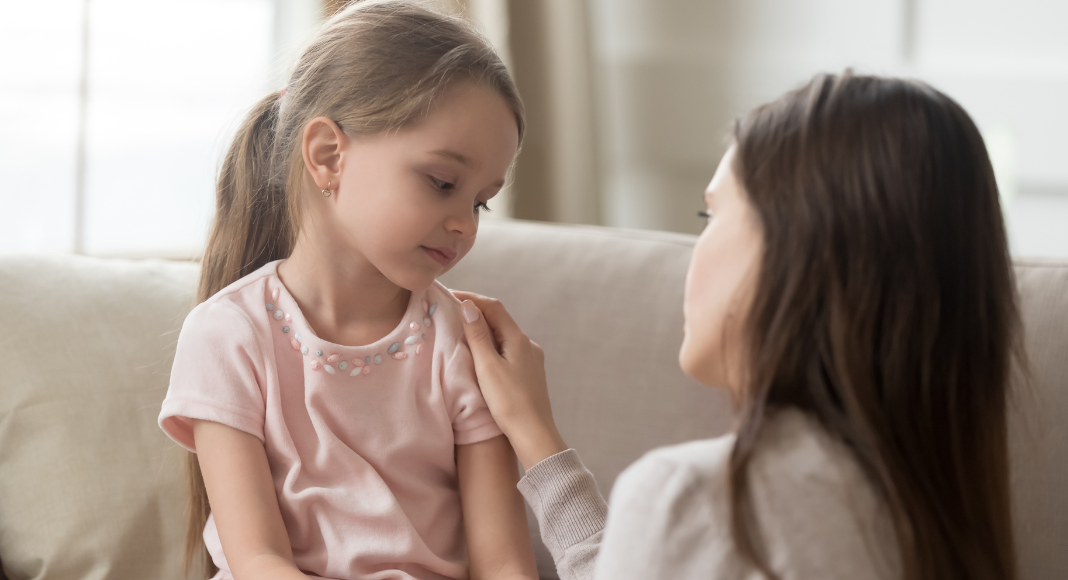 Gentle Parenting. We have all heard the term and have seen plenty of print on the subject. Those of us deep in the trenches of parenting know it sounds like a contradiction.
Gentle Parenting. We have all heard the term and have seen plenty of print on the subject. Those of us deep in the trenches of parenting know it sounds like a contradiction.
As any parent will tell you, there is absolutely nothing gentle about the exercise of parenting. At all.
It has sprouted many jokes online and endless memes about moms and dads failing to keep a calm and subdued demeanor in the face of random acts of toddler terrors.
Gentle Parenting sounds logical, too. Who doesn’t want to parent gently and protect little children from anger or disappointment? On the face of the word, that makes sense. We should do that as much as possible with our kids. Keyword – possible. There are many times when it simply is not.
For example, my kids hid in the garden and thought it would be hilarious to scream from the top of their lungs as if they had been mauled by a rabid animal or broken a bone. There was nothing gentle about my response. I was angry and hurt, and let them know it. They were horrified that I yelled, and they cried a lot.
Eventually, when the heat of the crisis had passed, we spoke about it honestly. I told my kids that pretending to be seriously injured was not funny. It terrified me, made me sick, and set a dangerous precedent (enter the Boy Who Cried Wolf theory). I apologized for yelling, and here is my favorite phrase, Not Handling My Frustrations Well. I also asked them to apologize for their prank and ensured they understood that these kinds of games were unacceptable.
We are humans in the world, going through these experiences, the same as our own children: novices in the relationship between an adult and a small, mischievous child.
Gentle Parenting isn’t about never raising your voice and never laying down a punishment or a boundary. Gentle Parenting is about empathy. It is about remembering that your child is a person in the world, just like you, learning.
However, children are not like adults in a critical way: they’re completely and utterly helpless without you, and they depend on you for all their needs, including their emotional regulation.
Gentle Parenting is about allowing your kids to make mistakes and to see their experiences from their perspective as much as possible. It also means opening yourself up to them as well.
When my kids were younger, I knew they had no idea what I meant when I said things like, “I am sorry I didn’t handle my frustrations better,” but I knew someday they would. I didn’t use their inability to understand in those moments as an excuse to deny them the respect they deserved. I can reflect on those years now with a lot of joy. I’m proud of myself for going through the exercises of talking things through, even when it seemed a little far-fetched for their age. It was as much for myself as it was for them.
It established a habit and a connection of repairing when things went off track. It created a foundation for us to talk to each other about our frustrations or disappointments. Nothing makes me happier than when my reserved seven-year-old vocalizes her disappointments or offers me advice. She is simply doing what she knows how to do: talking to me about what is going on in our family, what she thinks about it, and how she thinks we might be able to do it better.
























